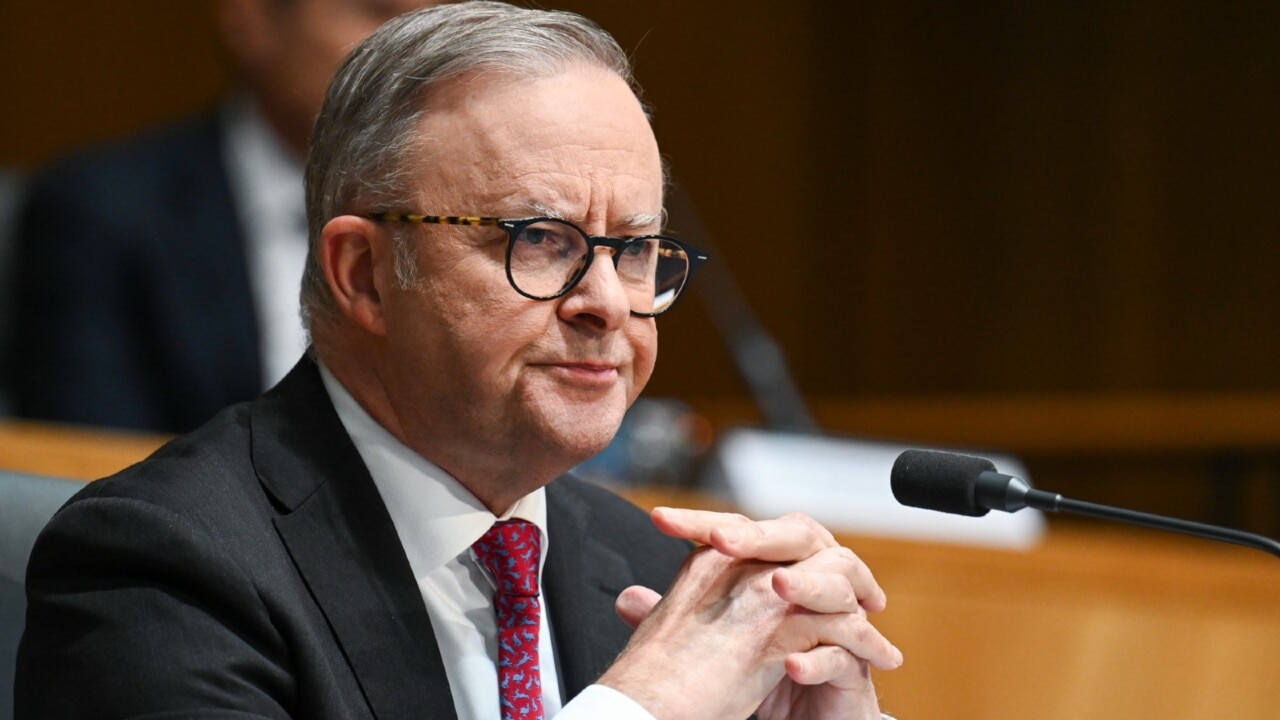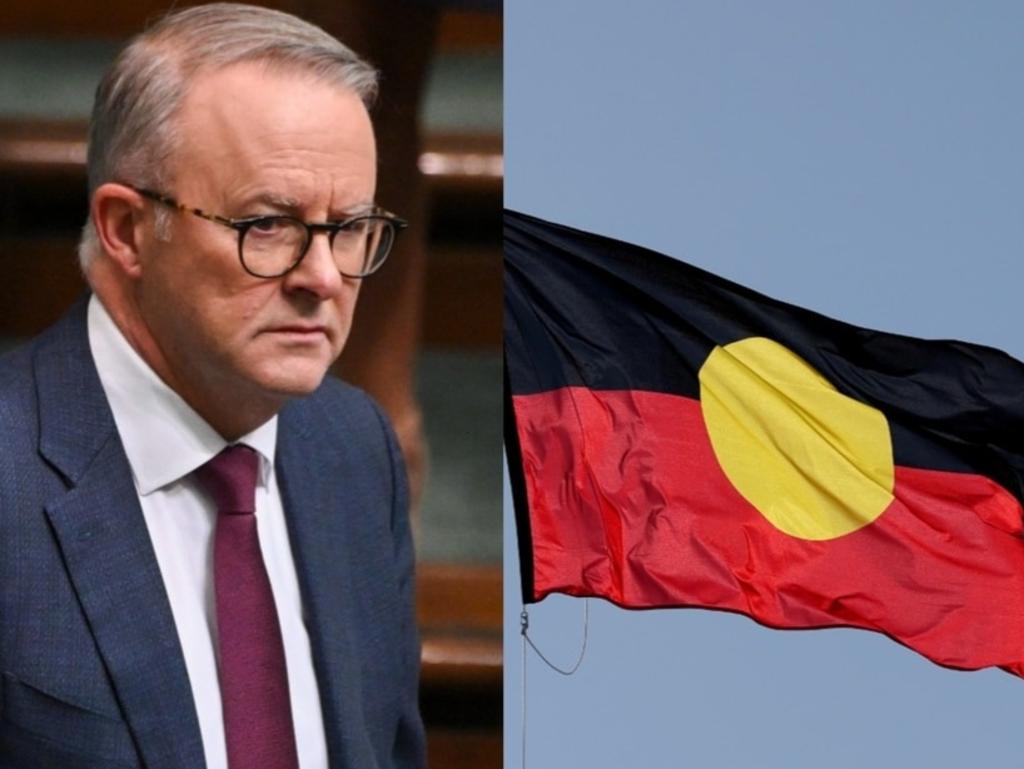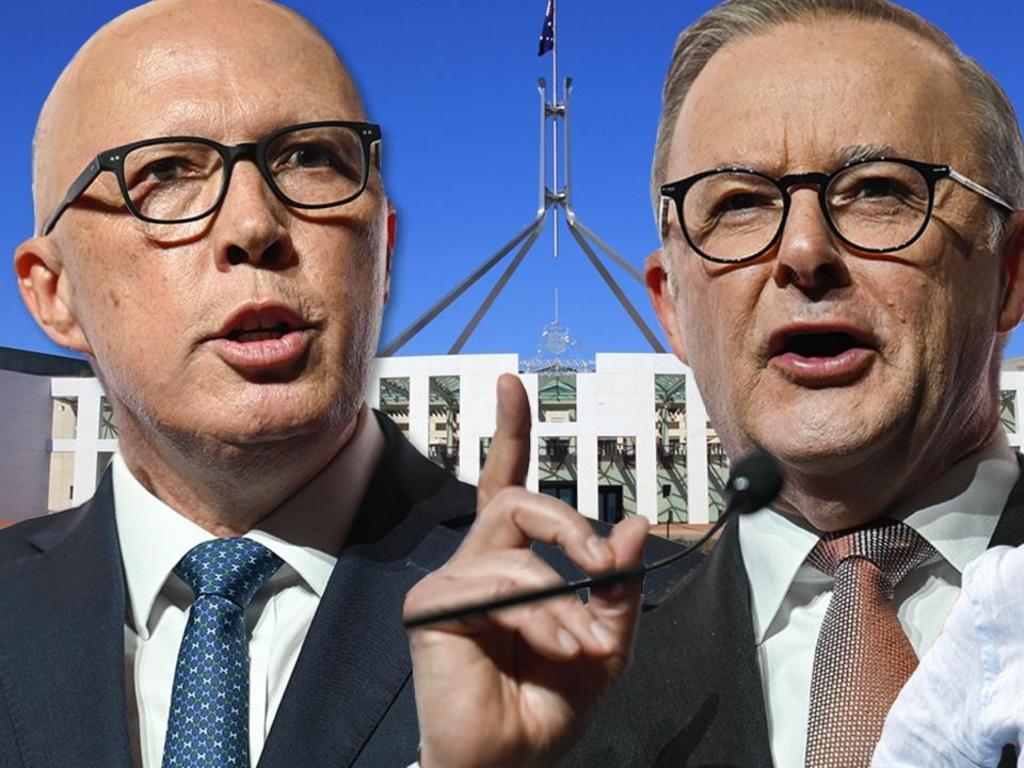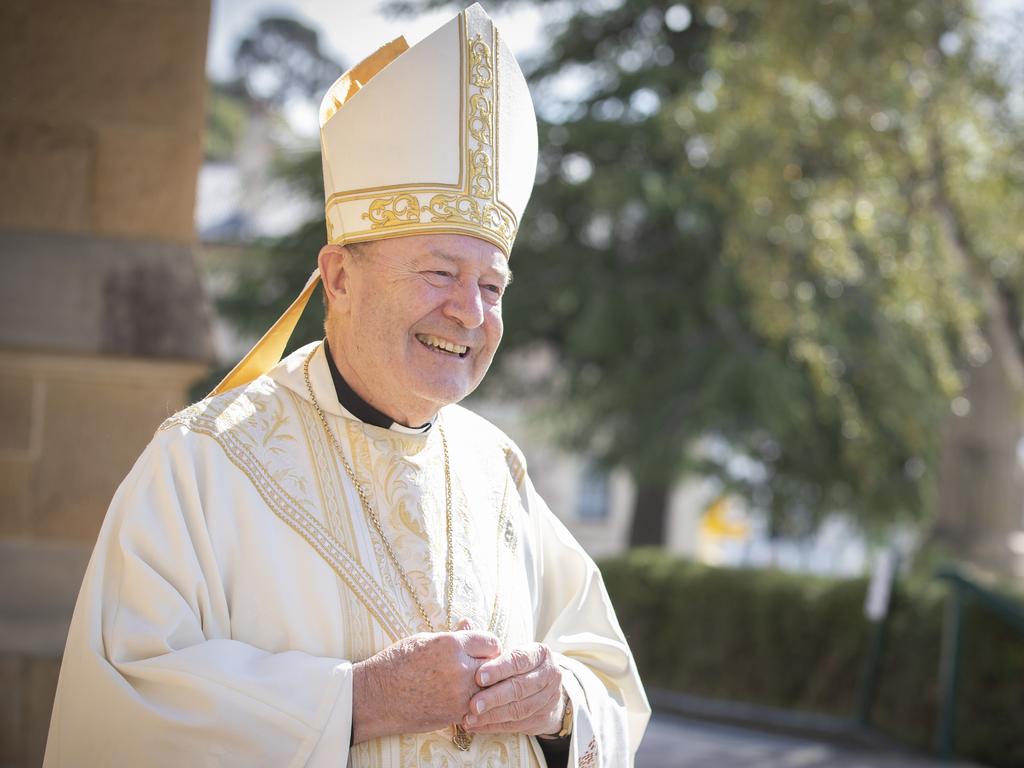Parliament may never see Anthony Albanese’s religious discrimination reforms if Labor can’t achieve bipartisan support
Anthony Albanese’s insistence there won’t be a committee process scrutinising religious discrimination reforms has angered the opposition.

Anthony Albanese may seek to settle a deal with the Coalition on religious discrimination reforms outside the parliament after making their passage conditional on bipartisan support, as he rules out a committee process to scrutinise the changes.
Ahead of the Australian Law Reform Commission’s report into religious exemptions for educational institutions being tabled on Thursday, which will help guide the government, the Prime Minister declared “it is now time to determine whether we’ll progress forward or not”.
Facing calls from across the parliament to release the legislation, the Coalition was handed the government’s religious discrimination bill and changes to the Sex Discrimination Act on Wednesday night.
But Mr Albanese’s insistence there won’t be a committee process angered the opposition, with Coalition sources saying they were highly doubtful bipartisanship could be reached without an inquiry. And if the government can’t win over the Coalition, there’s a possibility the legislation won’t be introduced to parliament despite there still being a pathway through the Senate with the Greens and the crossbench.
Government sources said it was not unusual to work with the opposition before legislation was seen by parliament.
Mr Albanese said the government’s bills would ensure religious people could practise their faith free of discrimination and that religious-based schools could operate on the basis of their faith, including when employing staff.

“We will work with everyone, including the crossbenchers, on these issues,” he said.
“I have said, though, that we wouldn’t go through a parliamentary committee process. Since 2016, there have been at least 10 inquiries. There’s been over 260 hearings and consultations. There have been over 70,000 submissions to committees … I’m up for progressing forward on the basis of a bipartisan position and I hope that that can be achieved. If not, then that will be, of course, a decision for this parliament as well.”
Opposition legal affairs spokeswoman Michaelia Cash said the government should “clear the air” and release a copy of its proposed legislation as soon as possible for the benefit of everyone with a stake in the debate.
“Given the significance of the issue, we believe it is very important to have an inquiry into the provisions of the bill. An inquiry is good process, provides confidence in the effectiveness of the legislation and gives Australians a chance to express their view,” Senator Cash said.
“The details matter. It is not realistic to expect bipartisanship on a bill without giving us an opportunity to see and consider the legislation.”

Greens leader Adam Bandt said he did not know if his party would get to look at the legislation, accusing the government of throwing one of its key election commitments into doubt.
“I want to hear whether the government intends to keep its promise to the people of Australia that they can be free from discrimination, or whether now Peter Dutton gets a veto over anything that the government wants to do,” Mr Bandt said.
“The Greens have been clear that we are prepared to work with Labor on this to ensure protections are put into law.”
The government will also push ahead with hate speech reforms and pursue a crackdown on doxxing – the act of distributing the personal information of another person – through broader privacy legislation. The government was hopeful the bills would be introduced before the winter recess.
Moderate Liberal MP Bridget Archer – who in 2022 was one of five Coalition MPs to side with Labor and crossbenchers to extend protections to transgender students from being discriminated against by religious schools – said it was difficult to say if a consensus could be reached, given that Labor hadn’t put forward its proposal.








To join the conversation, please log in. Don't have an account? Register
Join the conversation, you are commenting as Logout